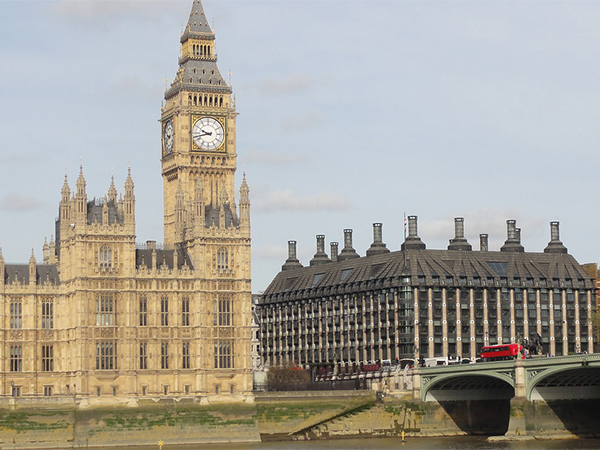It recently emerged that the government is looking to clawback more money from student loans in future. In September, plans emerged to lower the earnings threshold at which graduates will pay back their student loans.
Historically, most are not repaid – except for the highest earners. This is unacceptable according to the government and they wish to rearrange a number of long-standing issues.

What is the Current and New Proposed Threshold?
Ministers are currently considering lowering the payment threshold from £27,000 (the current level) to £23,000. The plan is not yet solid, but some suggestions the government would drop it to £20,000 were dismissed quickly as “a bit too low.”
As expected, the proposal, designed to restructure how graduates pay for their tuition to save the treasury money led to criticisms from many quarters.
A Warning for the Government
Immediately, students and unions warned against lowering this threshold. Support from financial experts emerged quickly; all quite rightly pointed out it would hit the lowest earning graduates the most. Further, it would pile on more pressure after a hard couple of years which made things especially difficult for younger people.
The National Union of Students said it was “astounding.” It hasn’t met with universal support from the government either. Another Tory MP said not to “put the cart before the horse.” By this, they meant not to put the burdens of the pandemic onto students and graduates.
Conservative MP Robert Halfon warned that such a change should also come with lower interest rates.

What Does This Mean in Real Terms?
These changes could mean graduates forking out up to £400 more every year (based on average earnings). This is according to the Financial Times.
Chris Skidmore, another Tory MP, and former Universities Minister, said it was unacceptable that crippling levels of interest were applied to these loans (6%) with national interest rates were a historic low 0.1%.
This measure has not come out of the blue, however. It was part of a 2019 review from Augar which reviewed many aspects of university finance. The report also recommended cutting tuition fees from £9,250 to £7,500 and increasing payment period from 30 to 40 years.
Martin Lewis is another public finance figure who spoke out. He warned that even a small threshold reduction would greatly increase payments on people most likely to experience low pay. Further, he said it would benefit graduates in industries with traditionally higher pay because they clear the debt faster and end up paying less overall.
The Department for Education reiterated that the system was designed to enable rather than hinder poor students while not putting the entire burden on taxpayers.